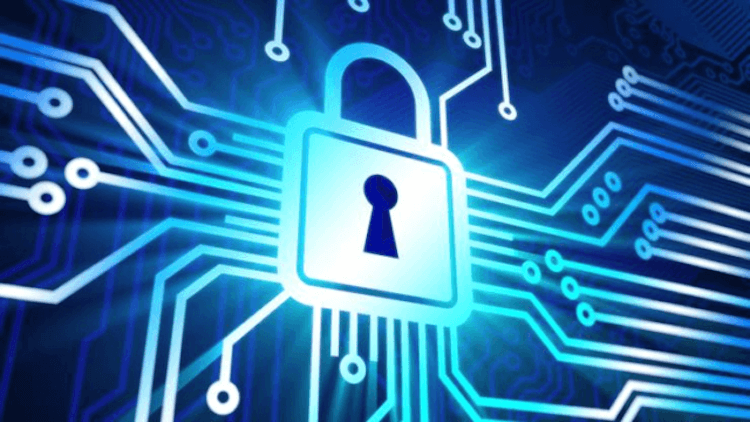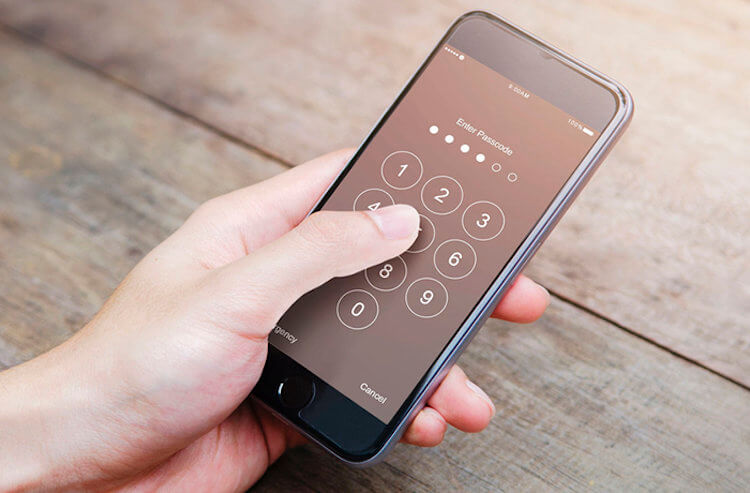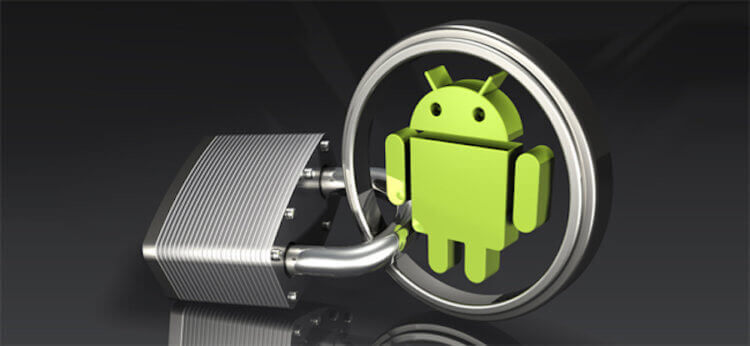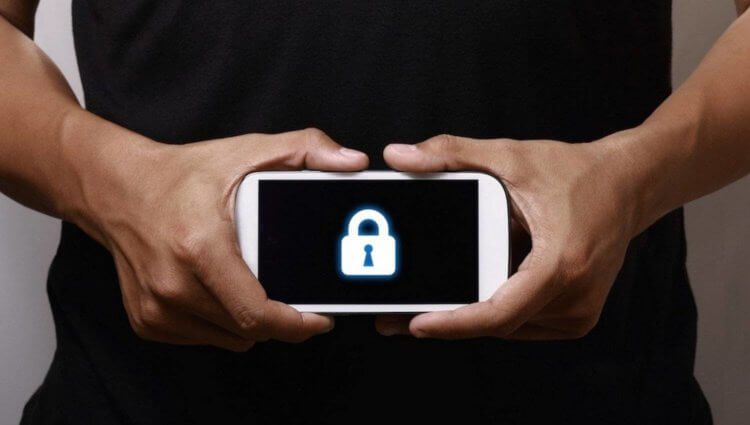With the advent of at least some opportunity to increase privacy, everyone immediately turned into secret agents, for whom a mythical discovery is like a failure of an operation. When the phone is password protected, there are no special questions – it is really important in case of loss or theft, so that no one uses bank carats or simply turns off the gadget's location systems. But does the common man need more protection? And most importantly, is it possible or will we ruin everything ourselves, even if someone tries and can provide it for us? Let's figure it out.

Complete confidentiality is difficult to achieve.
When I started using passwords
At one time, when smartphones could be password protected and put a pin code or pattern on unlocking, I almost never used it. It seemed to me that it is difficult and just not needed by anyone. I had nothing to hide, and every time I unlocked, entering the password was an unnecessarily tedious task.
Then, as now, I was a cross-platform user and was calm about both iPhone and Android – smartphones. Therefore, I had no problem buying and using the iPhone 5S. This was the first smartphone in which I used protection. Actually, this was the first smartphone in which the fingerprint scanner function was implemented, as they say, for people, and not for show.
This was especially convenient for me, since I always turned on the phone anyway by pressing the Home button (where possible). In the case of the scanner, then nothing has changed for me. I did all the same, but there was protection. Since then, I have always blocked my smartphone with a biometric code or a password. The only exceptions are some test models, if I use them for a short time or those that are constantly in the studio. In the first case, I check the scanners and turn them off, and in the second, protection is simply not needed – all my own.
Why do I need to set a password on my phone
Of course, the purpose of entering a password is different for everyone. Someone does not want attackers to gain access to their data. Someone, sometimes overestimating their importance, hopes that this will save him from the security forces, which really do not care about him. And there are simply those who want their wife or girlfriend not to see what they are doing inside their smartphone.
Everyone chooses the scenario for themselves, but I advise you to always include a password or fingerprint or face scan depending on your smartphone, for just two reasons.

It is necessary to use blocking. Everyone has reasons for this.
The first is the banal loss of a smartphone or theft. In this case, you will have a chance to save him, although not one hundred percent. Especially if you just lost it and either no one found it, or a decent person found it. I myself was once returned a lost expensive phone (which at that time was not yet password-protected), so I believe in people. Even if it is stolen, you have a chance that the thief will not guess to turn off the device, and with the geolocation data you can go to the police. It is best not to take action yourself, as it can be dangerous.
The second reason is payment by cards from the phone. If you use this method of shopping, you just have to put a password on your smartphone.
In other cases, it seems to me that complete confidentiality is simply impossible. And there are a number of reasons for this.
Why you can't make a smartphone completely secure
First of all, it is worth understanding that the privacy of us, as smartphone users, depends not only on us and not on what permissions we give the device, but on how anxious the manufacturer is about protecting this data.
An illustrative example is the recent story from Xiaomi, when even in incognito mode a branded browser collected data and shared it with the server. So other companies could find out about the interests of the owner of the smartphone and start giving him personalized ads. This is at its best. Most likely, it was about the massiveness of requests and clarifying the interests of users in general, but is it easier for you? After all, processing the data of each individual user is only a matter of sufficient computing power.

There is no complete security.
Google, for example, will always do its best to collect the data it needs, since it is its main business. This is a company that makes the lion's share of money from advertising and Android is just a tool for it. In this regard, even logically iOS is a more confidential system. Apple simply does not have a search engine and advertising systems to use the collection of such data. And the transfer of data to third parties will not bring enough benefits to cover the risks.
Is it possible to track the movement of a person
But this is not the most important thing either. Many people worry that someone will find out about their movements and what they are doing. There was especially a lot of talk on this topic after the access control was introduced in Russia due to the coronavirus. Many have stated that we will now always “take time off” before leaving the house. I hasten to please them. In some regions, access control has already been canceled. But was this data so important to someone? No, it was just that it was originally done for someone else.

To be on the safe side, you cannot rely only on the manufacturer of your smartphone.
Most importantly, those who are most worried about their movements and are afraid that they will be constantly monitored do not even think about how much information they disclose about themselves. For example, everyone has a navigator and many people use it under their own account. That is, it will not be difficult at all to track how they move. You don't even need to hack your phone to do this. As well as it is not necessary to hack it in order to understand, with an accuracy of hundreds of meters, where you are using data from cell towers. By the way, sometimes it can be useful even for those who are worried about this. For example, when you need to find a thief or a lost relative.
But we disclose much more data ourselves when we publish our photos with hashtags and geolocation in open sources. Here is the real expanse. By simply browsing social media, you can gather so much information that you don't have to hack anything.
It turns out that complete confidentiality simply cannot exist. Even if the manufacturer of the smartphone and the software in it strictly keep your secrets, we will reveal them ourselves. But personally, it seems to me that you shouldn't be afraid that someone will read my correspondence with friends, where I discuss how to go to barbecue – let him read it if he is interested and has so much free time.
